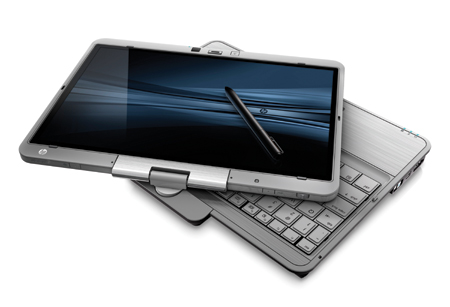Gartner: 1.2bn smartphones, tablets to be bought in 2013

Gartner research suggests around 1.2 billion smart devices -- including smartphones and tablets -- will be bought in 2013, up from 821 million this year, passing the crucial 1 billion mark milestone worldwide.

This, the research firm says, will account for around 70 percent of all devices sold.
Why? Mobility is the key, suggest the analysts. Most businesses will not see an automatic shift from PCs to smartphones and tablets, but the ability to "look at their device strategies and the way consumers embrace devices" will change, said Gartner research vice president Carolina Milanesi.
Gartner believes businesses will buy 13 million tablets in 2012, with that figure set to quadruple to 53 million units by 2016.
Above all else, tablets will hold the key to the shift towards the post-PC world. That's almost a given considering the rise in tablets, spurred on by Apple's iPad which dominates more than 50 percent of the market still, but is falling thanks to smaller, cheaper Android powered devices.
Gartner believes that Android still has a place in the enterprise, estimating that 56 percent of smartphones bought in North America and Europe by 2016 will be Android-powered. That said, Android still poses a risk factor to the business setting.
In spite of the Android gain in momentum over its Apple tablet counterparts, many organizations are facing headaches regarding security and manageability. Two U.S. government departments, notably U.S. Customs and the U.S. Department of Defense, have both made steps to ditch the traditional BlackBerry with enterprise-grade security in favor of alternative solutions. Top of the list is the iPad and iPhone, thanks to its enterprise management functionality, something Android has yet to catch up on.
Gartner recognizes this problem:
The increasing penetration of Android in the enterprise will continue to pose challenges for the IT department and the CIO to ensure that security and manageability remain a priority. However, Android and iOS-based devices will continue to increase their presence in the enterprise side-by-side and in most cases instead of RIM.
Windows 8 and Windows RT-powered tablets, however, which have only just launched globally, will take the third-place position behind Apple's iOS and Google's Android, as the bring-your-own-device (BYOD) trend continues to grow.
Gartner estimates that the share of Windows 8 tablets and convertibles will reach 39 percent in 2016, even if enterprises are slow in uptake of the latest Microsoft operating system, partially thanks to its obligatory need to relearn the aesthetic of the user interface.
The key for Android's success in the enterprise remains with the security and manageability factor. Windows has it, Apple has it with iOS in iPads and iPhones, but Android still has yet to prove its back-end worth.
For the time being, the cheaper device factor may not be enough to appease IT managers, in spite of already-squeezed IT spending budgets.